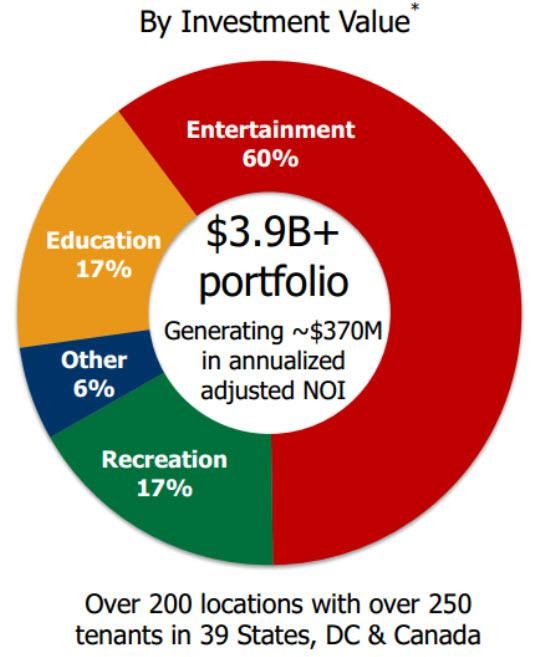NetLease REITs Take a Turn
Post on: 16 Октябрь, 2015 No Comment

ENLARGE
An Atlanta CVS property owned by Realty Income. Net-lease REITs lease to single tenants. Realty Income
From the start of 2012 to the middle of last month, the stocks of the five largest net-lease REITs increased by 57% to 103%, compared a 42.5% increase for the Dow Jones All-REIT Equity Index, on a total return basis. Since interest rates started pivoting on May 21, those stocks have declined by 11% to 18.5%, while the All-REIT Index slid by 9.6%.
Big investors who jumped into net-lease REITs in recent months say they will stay the course. They point out that the REITs’ shares still are trading a premium to their net-asset values, meaning they can issue new shares at favorable prices to buy properties and boost dividends.
ENLARGE
Laurel Durkay, a vice president and investment analyst at Cohen & Steers, which has bought stock of three net-lease REITs in the past year, said the industry has ample opportunity to expand by buying properties from private landlords and retailers looking to shed real estate.
But some investors warn there are threats to the industry beyond rising rates. For example, if a given retailer’s liquidation empties many buildings, some REIT managers aren’t deeply experienced in attracting new tenants and determining which tenant categories are waning.
There are a lot of new companies in this space that are not time tested, said Jerry Ehlinger of Deutsche Asset & Wealth Management, formerly RREEF, which bought stock of net-lease REIT Spirit Realty Capital Inc. late last year. They haven’t dealt with leasing cycles yet to come.
Net-lease REITs specialize in owning free-standing buildings occupied by single tenants such as Walgreen Co. or McDonald’s Corp. The REITs simply own the buildings, while the tenants under long-term leases of 15 years or more manage them and pay all operating expenses, such as utilities.
Net-lease REITs are similar to bonds in that they generate a steady yield and their main risk factor is the creditworthiness of their tenants. Other REITs tend to be more management intensive, have shorter-term leases and face such risks as developments running into construction delays.
When interest rates are low, stocks of net-lease REITs tend to rise because they generate better yields than bonds issued at such low rates. When rates rise, the REIT stocks suffer as investors turn to other investments with rising yields.
The net-lease REIT sector long was the province of publicly traded REITs such as Realty Income, which debuted on the New York Stock Exchange in 1994. More recently, nontraded REITs, which are sold to small investors but aren’t traded on stock exchanges, moved into buying net-leased properties.

Net-lease REITs begin gaining more attention as some of the players began consolidating. Since May 28, net-lease REITs managed by American Realty Capital have announced three deals for 1,527 properties, with a total value of $4.5 billion.
Other large deals this year include Spirit Realty’s pending merger with nonlisted REIT Cole Credit Property Trust II, which will form a company with 2,054 properties valued at more than $7 billion.
It’s a race for scale, said Jim Sullivan, an analyst with Green Street Advisors Inc. which tracks REIT stocks. We’ve seen a lot of [acquisition] activity, and we’ll see more.
Meanwhile, several of the nontraded REITs are seeking to add the financial clout of the public markets by applying for initial public offerings or merging with publicly traded REITs. Spirit debuted on the New York Stock Exchange last September. Another such REIT, Cole Credit Property Trust III, with $7.7 billion in assets, merged with another Cole unit in April in preparation for debuting on the NYSE on Thursday.
The growth of the industry has helped it gain a greater weighting of late in various indexes, such as the MSCI U.S. REIT Index and the FTSE EPRA/NAREIT Developed Total Return Index. That, in turn, spurs more institutional investors to buy the stocks.
There is a sense that the net-lease space is becoming increasingly acceptable to institutions, said Tom Nolan, chief executive of Spirit Realty. Because of that, companies suspect that if they can become an industry leader in this space, they will be rewarded with an ongoing favorable cost of capital that will allow them to continue to invest and buy.…That’s the name of the game in the REIT business.














